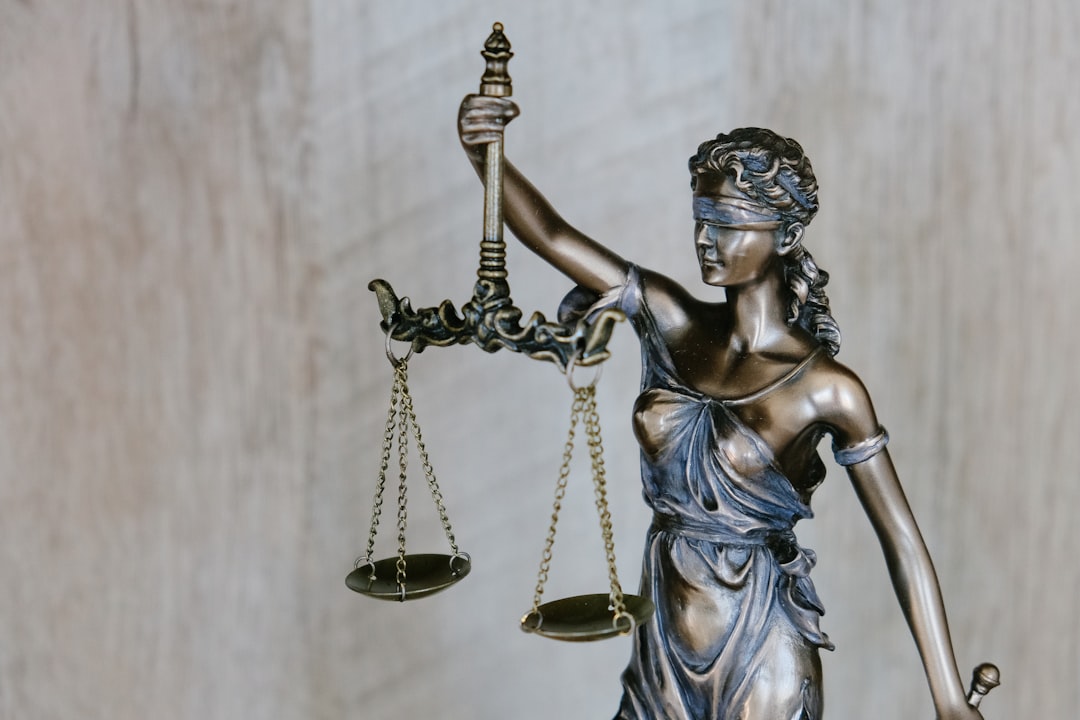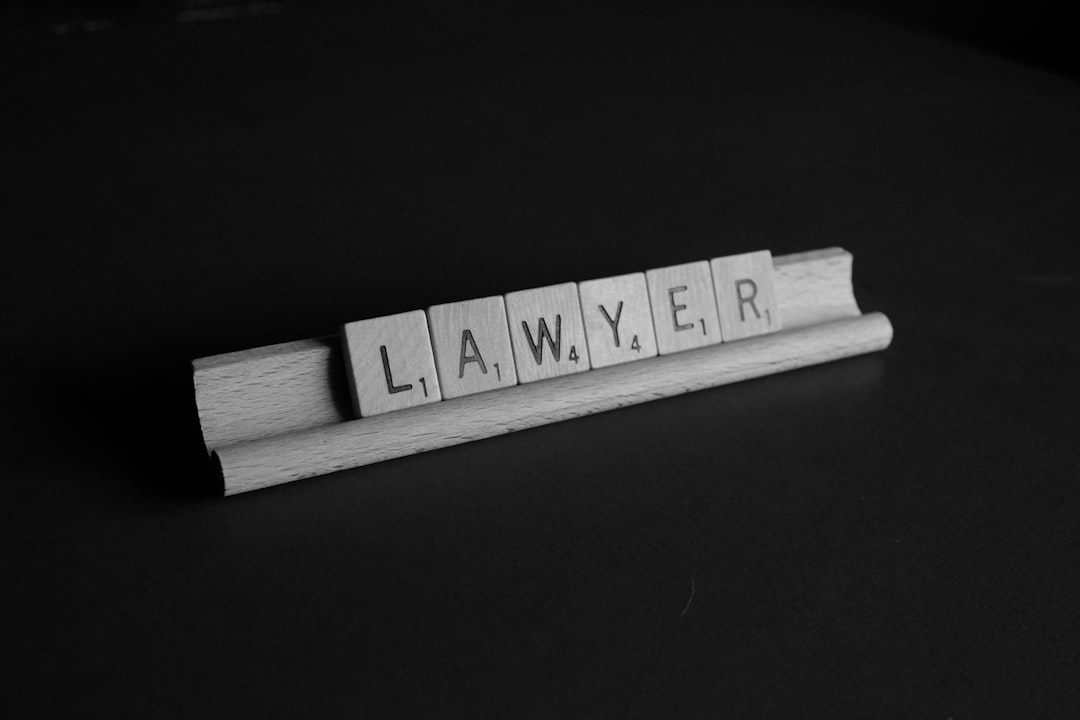In Pawtucket, Rhode Island, social workers act as crucial advocates for child safety in abuse investigations, conducting assessments, interviews, and evidence gathering. They collaborate with child abuse lawyers, leveraging their legal expertise alongside social workers' family dynamics knowledge to build robust cases. Effective collaboration involves clear communication, open information sharing, consistent meetings, defined roles, and mutual respect, leading to better outcomes for victims and navigating complex legal procedures.
In Pawtucket, Rhode Island, effective collaboration between lawyers and social workers is crucial in investigating and addressing child abuse cases. This article delves into the intricate dynamics of their partnership, exploring how these professionals complement each other’s expertise. We examine the role of social workers in identifying and reporting abuse, while offering a lawyer’s perspective on navigating legal complexities. Additionally, we discuss the legal implications and best practices to foster a successful collaborative approach, ensuring the well-being of affected children.
Understanding Child Abuse Investigations and the Role of Social Workers in Rhode Island
In Rhode Island, child abuse investigations are complex and sensitive processes that require a multidisciplinary approach. Social workers play a pivotal role in these inquiries, acting as crucial advocates for the well-being and safety of children. They are trained professionals equipped with the knowledge and skills to navigate the intricate web of family dynamics, social factors, and behavioral patterns that may indicate child abuse or neglect.
When a potential case of child abuse comes to light, social workers in Pawtucket, like their counterparts across Rhode Island, are often the first line of defense. They conduct thorough assessments, interview children and families, and gather evidence to support or refute allegations. Their expertise lies in understanding the legal framework surrounding child abuse, including the services available for victims and the rights of accused individuals. A child abuse lawyer in Rhode Island often collaborates with social workers during these investigations, ensuring that all parties’ rights are respected while prioritizing the best interests of the child.
Collaborating with Social Workers: A Lawyer's Perspective
In the complex landscape of child abuse investigations, collaboration between lawyers and social workers plays a pivotal role in ensuring justice and the best interests of the child. From a lawyer’s perspective, working alongside social workers in Pawtucket, Rhode Island, offers a unique synergy. These professionals bring complementary skill sets, with lawyers offering legal expertise and strategic guidance while social workers provide crucial insights into family dynamics, child development, and community resources. This partnership is essential in navigating the intricate legal procedures surrounding child abuse cases.
Effective collaboration fosters a comprehensive understanding of each case’s nuances. Lawyers can leverage social workers’ ability to gather and analyze information from various sources, including interviews, observations, and historical records. Such cooperation enables lawyers to build robust legal arguments, ensuring that all aspects of the investigation are thoroughly addressed in court. This coordinated effort ultimately strengthens the prosecution or defense strategy, aiming to deliver just outcomes for all parties involved in child abuse cases.
Legal Implications and Best Practices for Effective Partnership
When collaborating with social workers in Pawtucket child abuse investigations, it’s crucial to understand the legal implications and best practices for a productive partnership. A child abuse lawyer in Rhode Island emphasizes that clear communication channels are essential; both parties should share information openly while respecting confidentiality requirements, such as those mandated by law. This ensures that all evidence is admissible and the investigation remains robust.
Best practices include establishing consistent meetings, defining roles and responsibilities, and fostering a culture of mutual respect. The social worker’s expertise in family dynamics and the lawyer’s knowledge of child abuse laws can complement each other, leading to more comprehensive investigations and, ultimately, better outcomes for the victims. Such partnerships are vital to navigating complex legal procedures and ensuring justice for all involved.






